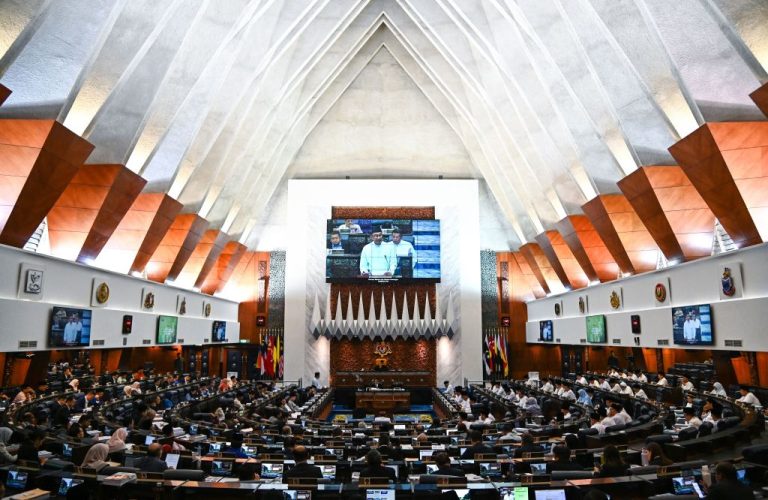On April 3, the Malaysian government made the monumental move to end its mandatory death penalty, along with reducing certain sentences and lifting natural-life prison sentences. More than 1,300 prisoners on death row could be allowed to live, in a move that has been welcomed by rights groups.
A second chance
Having a moratorium on executions since 2018 — after promising to remove capital punishment overall — the Malaysian parliament has approved legal reforms to lift the death penalty, in an unanimous vote passed by the parliament ‘s Dewan Rakyat (lower house), Free Malaysia Today (FMT) reported.
While a death penalty may still be handed out, courts are now allowed to offer different punishments of their choosing. These include whipping or jail terms of up to 40 years, rather than natural imprisonment sentences that last until the very end of the offender’s life. Life imprisonment may also still be levied, as defined by Malaysian law.
According to Deputy Law Minister Ramkarpal Singh, the capital punishment system proved to be ineffective, and did not live up to its intended purpose.
“The death penalty has not brought about the results it was intended to bring,” he said after holding debates in parliament on the new system.
Success
You are now signed up for our newsletter
Success
Check your email to complete sign up
Before the reforms were passed, the death penalty would be applied to a total of 34 offenses, including 11 serious crimes which called for mandatory punishment. According to Amnesty International, these crimes included:
- Murder
- Drug trafficking
- Treason
- Waging war against the Yang di-Pertuan Agong (the King)
- Terrorism
- Kidnapping or abduction for murder
- Possession of firearms
- Abetting mutiny (armed forces)
- Hostage taking
According to Singh, there are currently 1,318 people on death row, including 842 who have had all their appeals denied. Many of the cases are connected to drug trafficking. More than 500 foreigners are currently on death row as well, the Anti-Death Penalty Asia Network (ADPAN) reported.
“The joy was immense,” Siti Zabidah, speaking from her apartment, said, according to Reuters. Her son Razali is said to have been forced to carry cannabis for a friend before being made a scapegoat after his arrest. He was sentenced to death 23 years ago.
“I can go on without a husband but not without my children,” she said.
READ MORE:
- King of Malaysia Encourages Political Peace and Cooperation as General Elections Near
- UK Sanctions Strike Myanmar As Human Rights Cases Rise
- Myanmar Government Releases Thousands of Prisoners Under Amnesty as Independence Day Nears
The bill will now have to be passed in the Dewan Negara (the Senate) and the King himself is required to put the new laws into effect. Once done, prisoners will have 90 days to seek eligibility to have their sentences reviewed.
However, the court will still have the right to give the death sentence after review.
“For the most part, we are on the right track for Malaysia — it’s a reform that has been a long time coming,” Dobby Chew, executive coordinator at ADPAN, said.
“We should not deny the fact that the state is killing someone and whether the state should have this kind of power… having the mandatory punishment abolished is a good time for us to start reflecting about it,” Chew added.
According to Time Magazine, opposition MPs opposed the decision, believing that it would take away justice for victims.
“It is unfair to remove the mandatory death sentence for major crimes such as murder, as the victims’ families also want retribution for the loss of their loved ones,” opposition lawmaker Mas Ermieyati said.
The move to abolish the mandatory death penalty came last June, when former Prime Minister Ismail Sabri Yaakob declared his intention to do so.
Malaysia’s lifting of the punishment comes as other Southeast Asian countries like Myanmar and Singapore continue to make use of capital punishment.
In Singapore, 11 people were executed last year over drug trafficking offenses. Myanmar’s military junta recently committed its first death sentences in decades with the execution of four political activists.
Human rights experts in the United Nations (UN) praised the move made by the Malaysian government, and encouraged Malaysian authorities to enact the law.
















